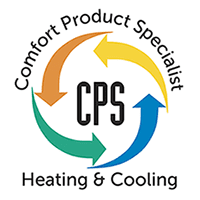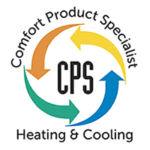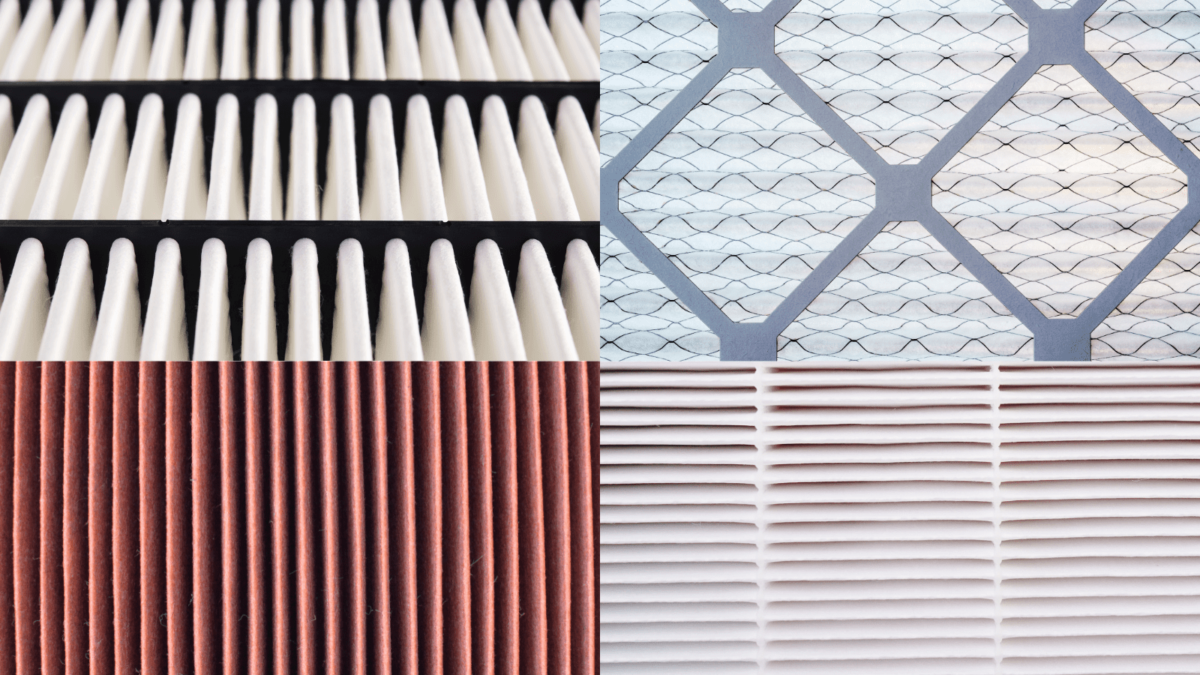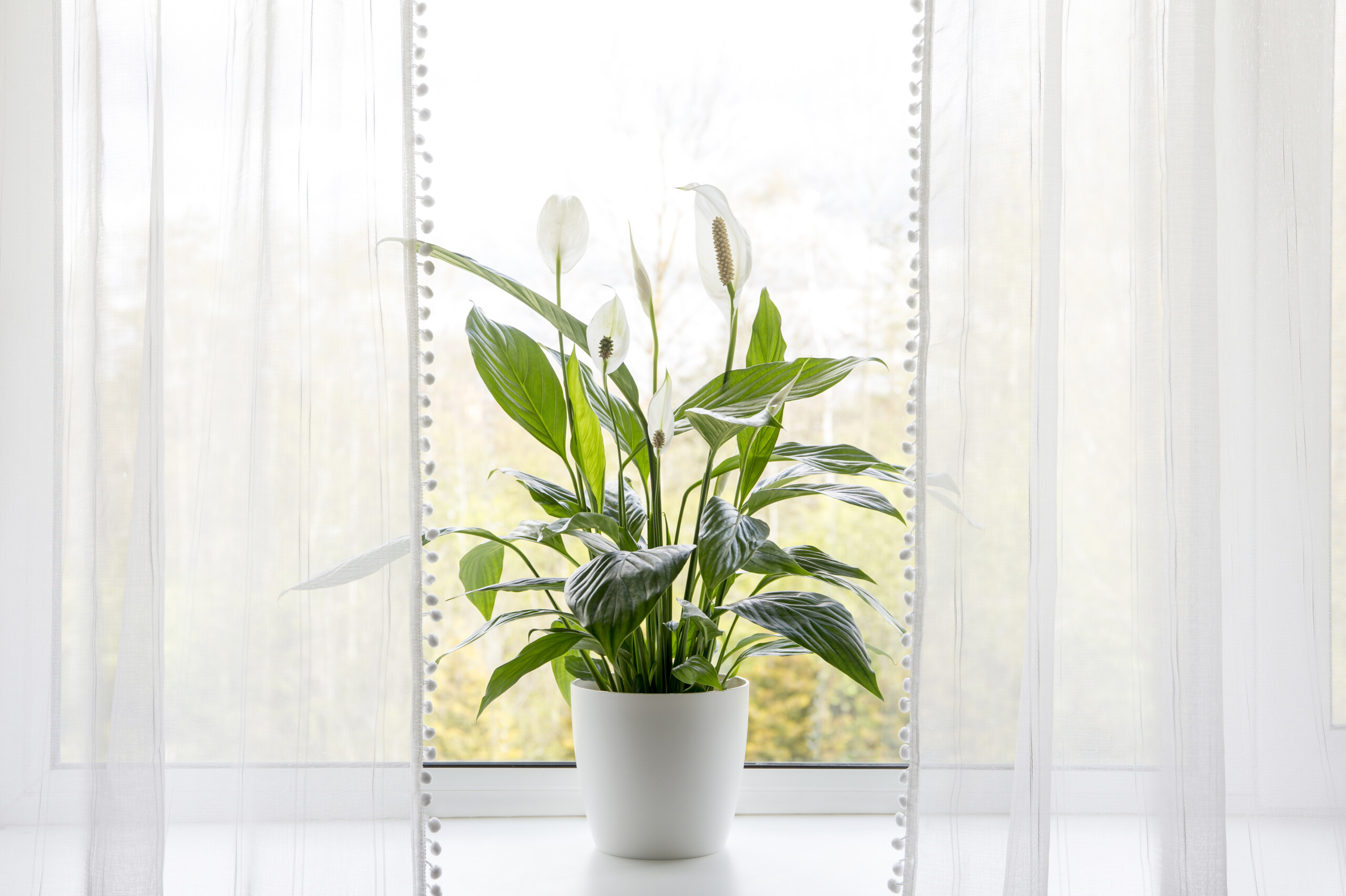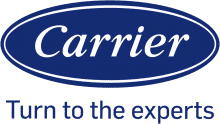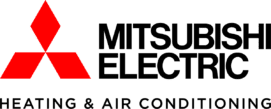When choosing an air filter there are various factors to consider, including the health needs of those living in your home, as well as your household budget restrictions. Choosing the right air filter is an important part of maintaining your HVAC system. Air filters work to improve air quality, can affect energy efficiency, and impact the effectiveness of your heating and cooling systems.
It is best to check your manufacturer’s manual, or consult with a certified HVAC technician, before buying a filter. Choosing the wrong filter may lead to an increase in unit breakdowns and potentially decrease the system’s lifespan.
Here is a list of the various types of air filters found in HVAC units:
1. Fiberglass Filters:
As their name suggests, these filters are composed of woven fiberglass fibers, offering basic filteration. They tend to be the most affordable option, are typically 1 inch thick, and usually need to be changed every month.
2. Polyester or Pleated Filters:
Composed of synthetic materials and folded like an accordion, the pleats on these filters increase their surface area and improve air filtration. Pleated filters come in a variety of thickness options, ranging from 1” to 4”. They are more effective at filtering than fiberglass filters and tend to have a lifespan of 3 months to one year, depending on use and home environmental factors (such as pets and smoking).
3. Electrostatic Filters:
These are unique in that they are reusable and can be washed at home. However, this feature requires you to pay careful attention to maintenance. Electrostatic filters work by using an electrical charge to attract and capture particles.
4. HEPA Filters:
HEPA (High-Efficiency Particulate Air filters) are a type of pleated mechanical air filter. HEPA filters can capture up to 99.97% of particles as small as 0.3 microns. While these filters are more expensive than pleated or fiberglass air filters, they are the most effective at capturing dust, pollen, bacteria, viruses, pet dander, mold and other household irritants. For people who suffer from allergies or respiratory problems, it is important to pay attention to the MERV rating on HEPA filters. MERV is an acronym for: minimum efficiency reporting value and is based on how many or how few particles a filter captures. Please be aware, the higher the MERV rating, the more difficult it is for your HVAC system to pull in air which can affect efficiency.
5. Activated Carbon Filters:
Activated carbon is remarkable in its ability to absorb odors and chemicals from the air. An activated carbon filter is most commonly used as an extra layer of defense on top of another variety of filter.
6. Ultraviolet (UV) Filters:
UV filters are typically used in air cleaners that may be built into your HVAC system. Utilizing UV light, these filters are great at killing viruses and bacteria that pass through them, but they are not as efficient at removing dust, so you will still need an air filter.
If you need a repair, you can contact us here. If you are considering replacing your furnace, you can get an estimate now!
We hope you found this article helpful and look forward to continuing to ensure your comfort and safety. Thank you for choosing CPS.
If you are in need of more information or would like to schedule a free consultation, you can reach us at 508-460-6691 or fill out this form.
